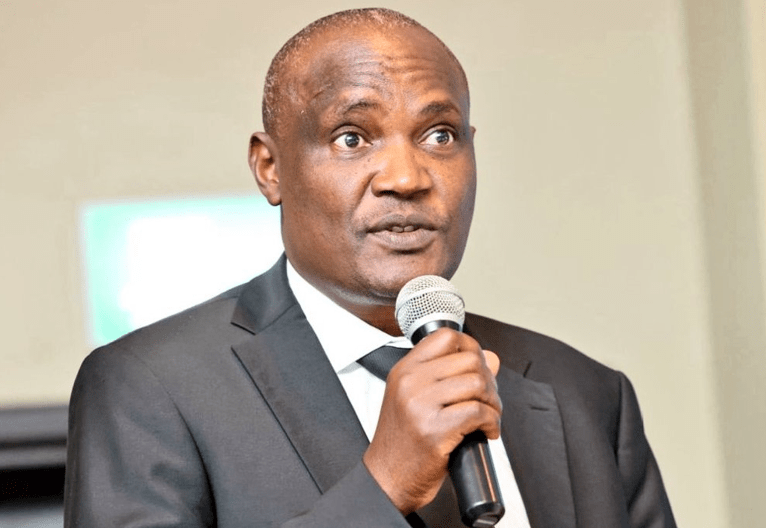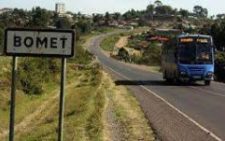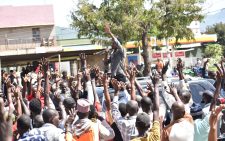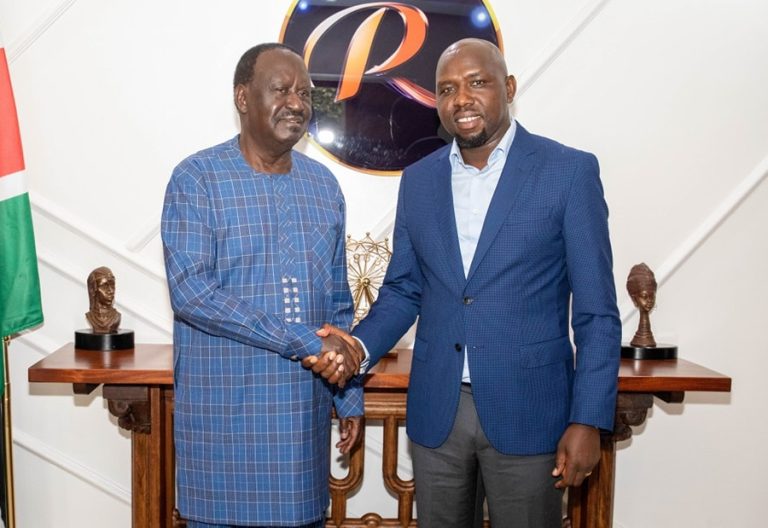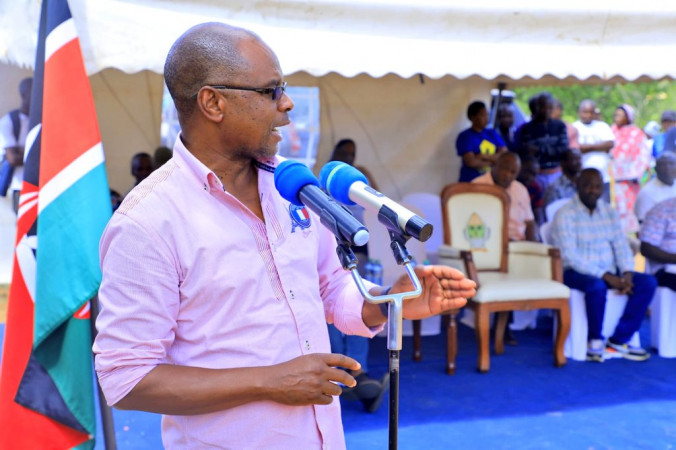Remembering Green Girl from Tetu
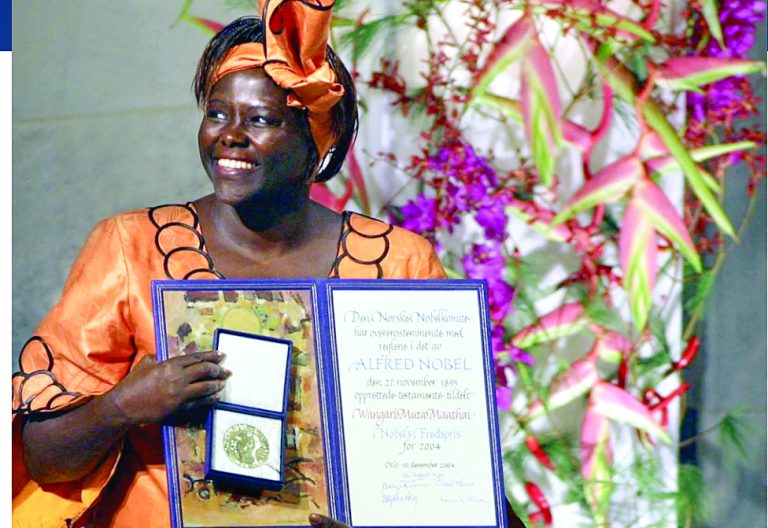
It is entirely befitting that Njeri Kabeberi is influential in the Green Belt Movement (GBM).
Thirty-three years ago, it would have sounded the unlikeliest of possibilities for Njeri to saddle up at the globally acclaimed environment conservation organisation founded by the 2004 Nobel Peace Prize winner Wangari Muta Maathai.
I picked out Njeri for mention because she unknowingly was at the centre of my introduction to and, later, relationship with Prof Maathai who for 22 years I referred to as the Green Girl from Tetu.
In March of 1992, I was one of the reporters who had been deployed to stake out at a corner of Uhuru Park where mothers of political prisoners were staging a hunger strike to protest the continued incarceration of their sons.
At that time, the acerbic youthful and very visible Njeri Kabeberi was the head of a lobby group known as Release Political Prisoners (RPP).
She was a daily feature at what was later christened Freedom Corner in Uhuru Park at the confluence of Uhuru Highway and Kenyatta Avenue where the mothers of the political prisoners camped, and had in due course established herself as the spokesperson of the old women.
Every journalist at Freedom Corner knew Njeri. She is the one who would translate to the media present in English or Swahili the remarks or concerns of the mostly Gikiyu-speaking aged women
Maathai was also camping at Freedom Corner in solidary with the old women, among them the mothers of former Nakuru North (now Bahati) Koigi wa Wamwere, lawyer Rumba Kinuthia, lawyer Hitau Mwara and the late Nakutu Town MP Mirugi Kariuki.
Maathai’s presence at the scene pricked the Kanu regime as it had attracted global media cameras owing to her already established international image.
Like most of us, journalist Louise Tonbridge of the British Broadcasting Corporation (BBC) also staked out at the Freedom Corner.
But unlike the rest of us, she gave hourly live briefs to her station back in London.
That did displease the regime of then President Daniel arap Moi. It struck.
One afternoon, police in riot gear descended on the poor women, including Maathai with bludgeons, tears gas, whips and guns.
In the twinkling of an eye, the entire Uhuru Park was filled with choking smoke from lobbed teargas canisters.
We all ran away from the scene, leaving behind the battered wailing and coughing mothers of political prisoners in the dark itching smoke.
The old women – except Maathai – stripped naked in what turned out to be their last weapon to ward off the policemen, among them a classmate of mine in Malava Boys’ High School, Kakamega county.
All the women – including Maathai – were severely injured and were taken to hospital bgood Samaritans, led by then Provost of the nearby All Saints’ Cathedral, the Right Reverend Peter Njenga who would later be promoted to become the Anglican Church of Kenya Bishop of Mt Kenya South.
Upon their individual discharge, the old ladies were hosted by Provost Njenga at a spacious underground room within the cathedral.
It was at this stage that Njeri Kabeberi came in handy. She is the one who would connect Media corps with the mothers of political prisoners or arrange for interviews with other persons of note, both local and foreigners, who would pay them a visit.
Thàt is how I formally came to interview Maathai. That conversation would trigger a 22-year collaboration through which with, for or alongside her.
Because the dead do not tell tales, not many can believe today that were it not for the belligerent politics of former Prime Minister Raila Odinga at the time, his father Jaramogi Ajuma Adonijah Obadiah Oginga Odinga would have been Kenya’s third president via the 1992 General Election.
Maathai and Katama Mkangi cannot tell that story today because both are long dead. But they are not the only ones who could tell it,
It is a story which, if they were to open up, former Chief Justice Willy Mutunga, Dr Lucas Munyua and Reverend Timothy Murere Njoya can comfortably tell.
A leg-man of sorts, I associated with Maathai from close range for 22 years working with, or for, her on her various – mostly controversial – advocacies on environmental conservation.
She described us thus: They are the ones who jelp us pick intelligence out there. It is through them that we come to know what is being planned against us by our usual tormentors.
In ways more than one, Maathai remains Kenya’s everlasting global export. Maathai – born in Thegenge village of Tetu Division of Nyeri County in 1942 – was Kenya’s first Nobel Laureate and the first African woman to achieve that feat. She is also remembered as Kenya’s first woman professor.
A relentless crusader for environmental conservation, the late veterinary professor was awarded the 2004 Nobel Peace Prize in recognition of her unwavering efforts.


